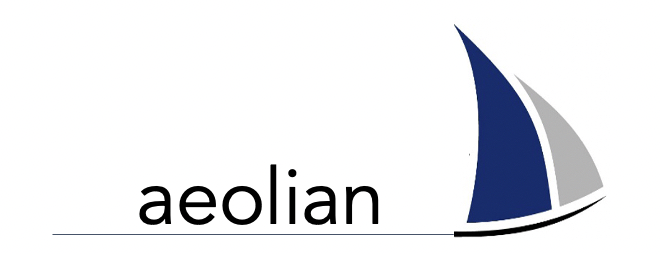
Aeolian Biotech, a member of Bio Nebraska, announced the formation and launch of its company to focus on the development of an improved pneumococcal vaccine to address the threat of circulating and emerging pneumococcal serotypes.
Announcement by Aeolian Biotech
Aeolian Biotech Corp. today announced the formation and launch of the Company to focus on the development of an improved pneumococcal conjugate vaccine, ‘iPCV22’, to address the threat of circulating and emerging pneumococcal serotypes. Aeolian’s iPCV22 vaccine will potentially cover 95 percent of invasive pneumococcal disease in adults. The management team possesses a diverse set of experiences across vaccine drug development and includes key members of the team that developed the Prevnar family of vaccines.
Under an exclusive licensing agreement, Aeolian has been granted a license that includes compositions and methods of use of pneumococcal vaccines (U.S. Patent 11,058,757) in the U.S. and Japan, and pending in other geographies. This patent is expected to provide Aeolian with U.S. market exclusivity for its vaccine product until 2036, excluding any possible patent term extensions or patent term adjustments. The company has additional patents pending.
“We are excited to announce the formation and launch of Aeolian and believe that the know-how, technologies and leadership within our Company provide the opportunity to develop a pneumococcal vaccine with improved coverage of circulating strains compared to commercially available vaccines and others in development,” said Tyler Martin, M.D., Chief Executive Officer of Aeolian. “There exists a well-established clinical and regulatory pathway for pneumococcal vaccines that forms the basis for advancing our iPVC22 program, and a clear opportunity to improve on the currently available pneumococcal vaccine coverage in adults. Despite the broad use of the current U.S. Food and Drug Administration approved pneumococcal vaccines available today, there remains approximately 900,000 pneumococcal pneumonia cases annually in the U.S., demonstrating that these current vaccines are not adequately addressing the strains causing disease.”
